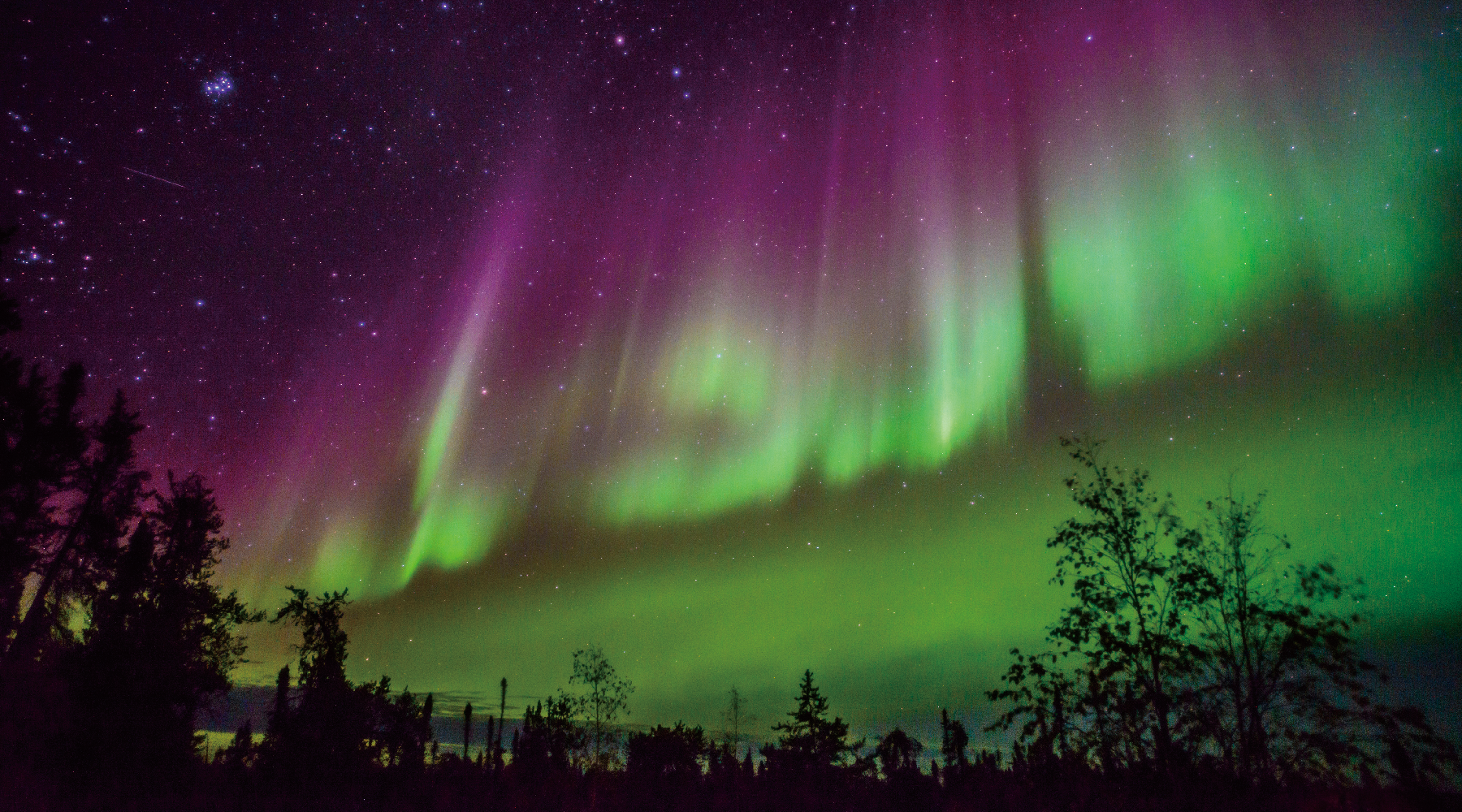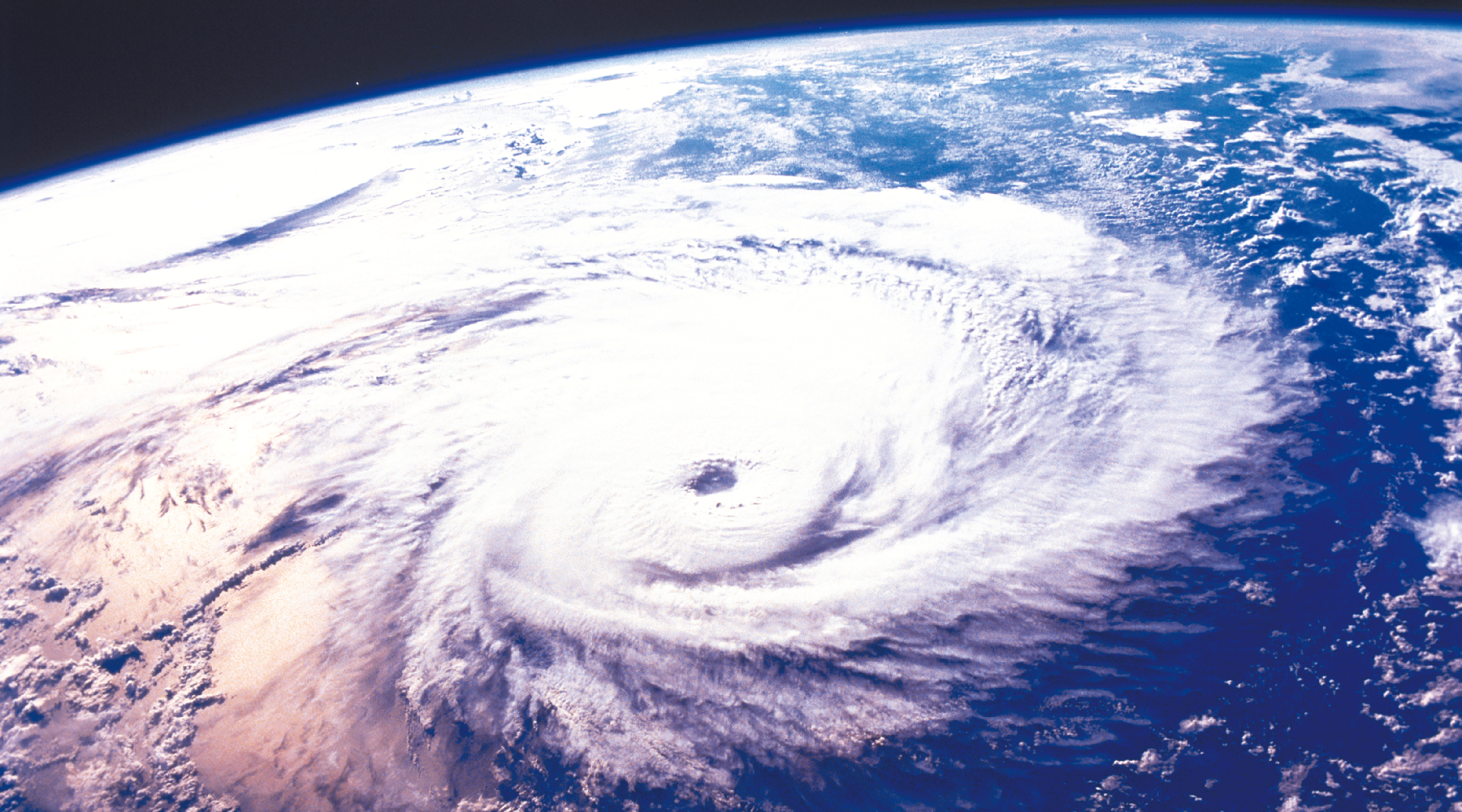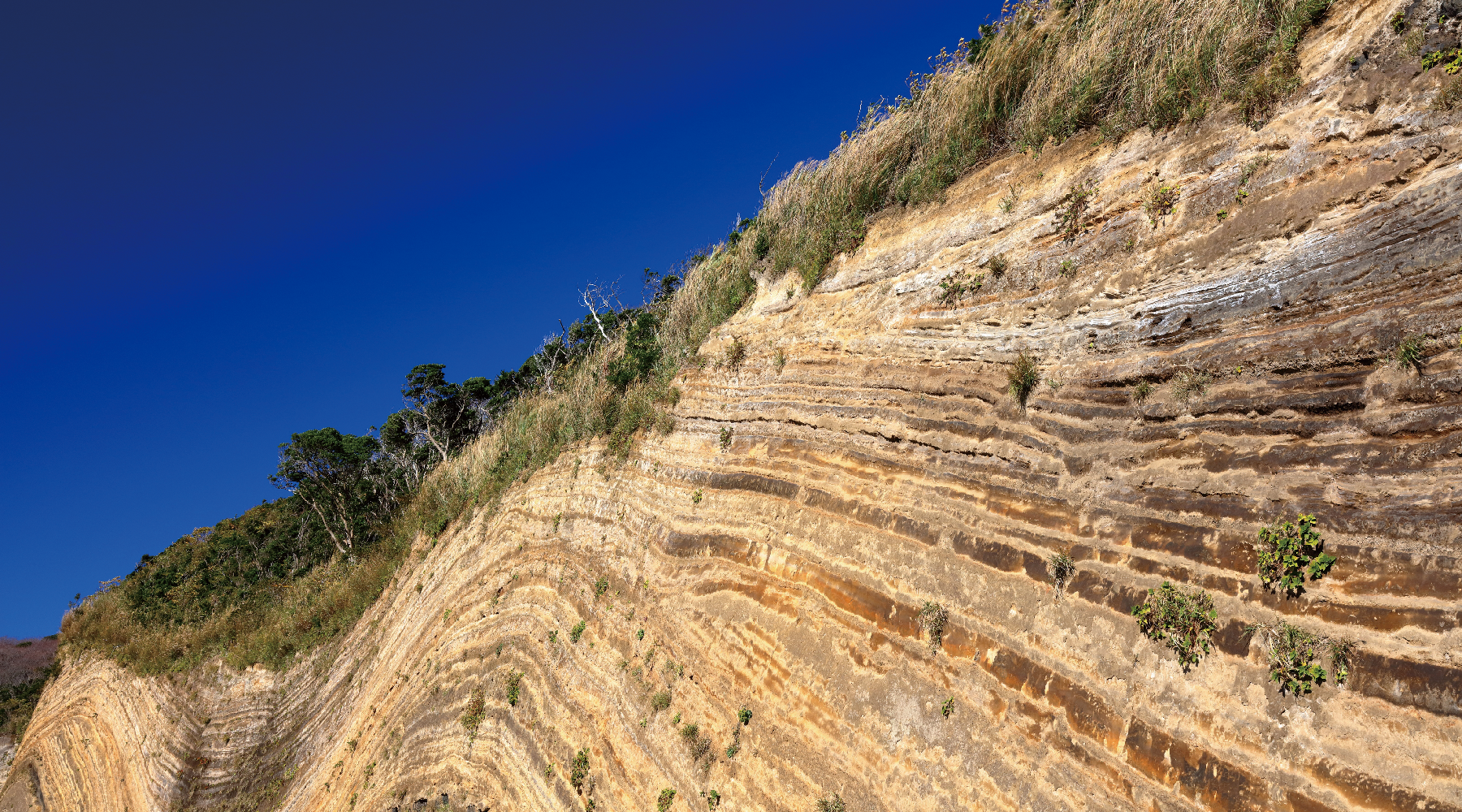** Progress in Earth and Planetary Science is the official journal of the Japan Geoscience Union, published in collaboration with its 51 society members.
** Progress in Earth and Planetary Science is partly financially supported by a Grant-in-Aid for Publication of Scientific Research Results to enhance dissemination of information of scientific research.
Gallery View of PEPS Articles
Review
Interdisciplinary research
201712201712
Northern Eurasia Future Initiative (NEFI): facing the challenges and pathways of global change in the twenty-first century
Pavel Groisman et al.
Environmental Changes, Northern Eurasia, Ecosystems dynamics, Terrestrial water cycle, Cryosphere retreat, Extreme and inclement environmental conditions, Sustainable development, Land-cover and land-use change, Integrated assessment models for decision-makers
Changes in sown areas across the former Soviet Union (Russia, Ukraine, and Kazakhstan) from 1990 to 2013. Areas of abandoned sown areas for this period are 40 Mha in Russia (Rosstat 2016), 5.4 Mha in Ukraine (Ukrstat 2014), and 13 Mha in Kazakhstan (Kazstat 2014).
During the past several decades, the Earth system has changed significantly, especially across Northern Eurasia. Changes in the socio-economic conditions of the larger countries in the region have also resulted in a variety of regional environmental changes that can have global consequences. The Northern Eurasia Future Initiative (NEFI) has been designed as an essential continuation of the Northern Eurasia Earth Science Partnership Initiative (NEESPI), which was launched in 2004. NEESPI sought to elucidate all aspects of ongoing environmental change, to inform societies and, thus, to better prepare societies for future developments. A key principle of NEFI is that these developments must now be secured through science-based strategies co-designed with regional decision-makers to lead their societies to prosperity in the face of environmental and institutional challenges. NEESPI scientific research, data, and models have created a solid knowledge base to support the NEFI program. This paper presents the NEFI research vision consensus based on that knowledge. It provides the reader with samples of recent accomplishments in regional studies and formulates new NEFI science questions. To address these questions, nine research foci are identified and their selections are briefly justified. These foci include warming of the Arctic; changing frequency, pattern, and intensity of extreme and inclement environmental conditions; retreat of the cryosphere; changes in terrestrial water cycles; changes in the biosphere; pressures on land use; changes in infrastructure; societal actions in response to environmental change; and quantification of Northern Eurasia’s role in the global Earth system. Powerful feedbacks between the Earth and human systems in Northern Eurasia (e.g., mega-fires, droughts, depletion of the cryosphere essential for water supply, retreat of sea ice) result from past and current human activities (e.g., large-scale water withdrawals, land use, and governance change) and potentially restrict or provide new opportunities for future human activities. Therefore, we propose that integrated assessment models are needed as the final stage of global change assessment. The overarching goal of this NEFI modeling effort will enable evaluation of economic decisions in response to changing environmental conditions and justification of mitigation and adaptation efforts.






